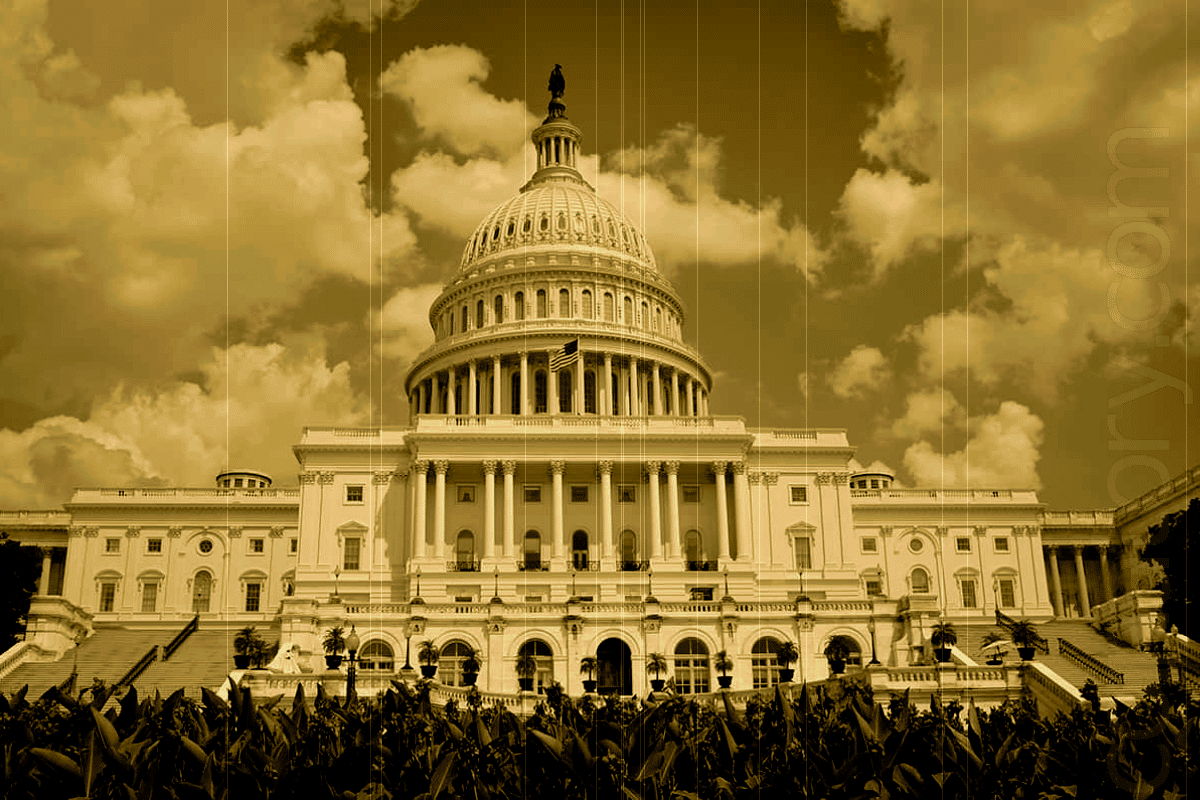
More than 30 prominent cryptocurrency firms, led by the DeFi Education Fund, are calling on Congress to intervene in what they describe as the Department of Justice’s (DOJ) legally ambiguous and potentially damaging interpretation of money transmitter statutes.
In a formal letter addressed to influential lawmakers—including Senate Banking Committee Chairman Tim Scott and House Judiciary Committee Chairman Jim Jordan—the signatories argue that the DOJ’s recent legal posture, first outlined in an August 2023 indictment, marks a significant departure from the Treasury Department’s established guidance under Section 1960 of the U.S. Code.
Key industry players, including Coinbase, Paradigm, and Kraken, have emphasized that the DOJ’s stance disregards the Financial Crimes Enforcement Network’s (FinCEN) 2019 guidelines. These guidelines assert that software developers who do not custody user funds should not be categorized as money transmitters.
“The DOJ’s new policy position… creates confusion and ambiguity with the specter of criminal liability,” the letter states. “Essentially, every blockchain developer could be prosecuted as a criminal.”
At the center of the dispute lies Section 1960, which criminalizes operating an “unlicensed money transmitting business.” Historically, this has applied to entities that both hold and transfer user funds. However, crypto firms argue that recent DOJ enforcement actions—such as those against Tornado Cash developers—signal a broader interpretation that could expose non-custodial software creators to prosecution.
The letter contends that such a shift in enforcement could stifle technological innovation in the United States and incentivize developers to relocate to more regulatory-transparent jurisdictions.
“The federal government should not be playing a game of bait and switch,” the letter concludes. “Congress should urge the DOJ to correct its misapplication of the law and amend Section 1960 to reflect its original legislative intent more clearly.”







